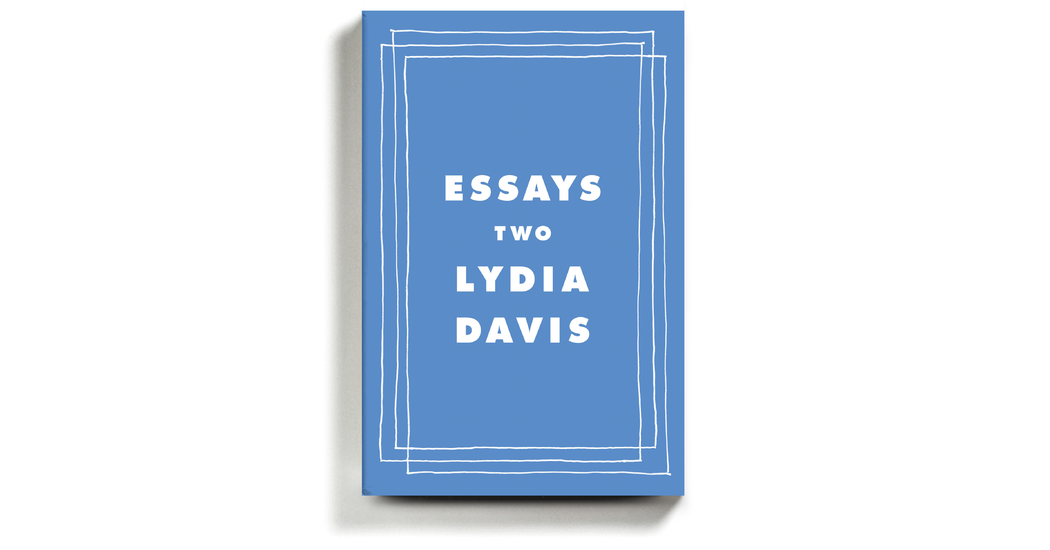
Lydia Davis learned German after being plopped into a classroom in Graz, Austria, at the age of 7. Her immersion began at home with breakfast: If she woke early, she received Schokolade mit Schlag (hot chocolate with whipped cream), and if she slept late she got Schokolade ohne Schlag (no whipped cream). After moving back to the United States not long after, she studied French, Latin and Italian. A lifetime of work as a translator (and novelist and short story writer and essayist) has followed.
Her new book, “Essays Two,” is organized around translation. As Davis points out in a preface, the book is more focused in its material than was her previous collection, “Essays One.” With “Two,” it helps to have a pre-existing interest in translation, or at least a general curiosity about language, whereas to enjoy the earlier collection you needed only a pre-existing interest in “stuff.” But whatever the topic, Davis is always superb company: erudite, adventurous, surprising.
In addition to translating Proust and Flaubert, she has tackled “books of all degrees of excellence and nonexcellence, of interest and no interest” — among them a sentimental biography of Marie Curie, art catalogs, travel essays and histories of China. Whatever the source, Davis finds innumerable joys in its conversion. The first essay here enumerates 21 of these pleasures. Translation, she notes, puts a person in intimate communion with an author, removes the anxiety of invention that attends most writing work and presents eternal (but often solvable) riddles. It also offers a form of hard-core armchair travel: To puzzle through “Madame Bovary” is to shoot through a wormhole from America of the 21st century into France of the 19th.
In an essay about translating Proust’s letters, Davis voyages to the apartment where he wrote much of “In Search of Lost Time.” The apartment has not been maintained as Proust left it, with his furniture and artifacts intact, but has instead become the location of a bank. Davis receives a tour of the writer’s former apartment from an employee who occasionally has to run off and deal with banking questions. Client meetings are held in Proust’s bedroom, and the bank’s waiting room is where the writer once warehoused an unruly pile of inherited possessions. “An imaginative financier with a little information might be haunted, sitting next to the lone potted plant, by the lingering ghostly presence of a crowded accumulation of heavy fin de siècle furniture and bric-a-brac, imbued with Proust’s personal associations,” Davis writes.




